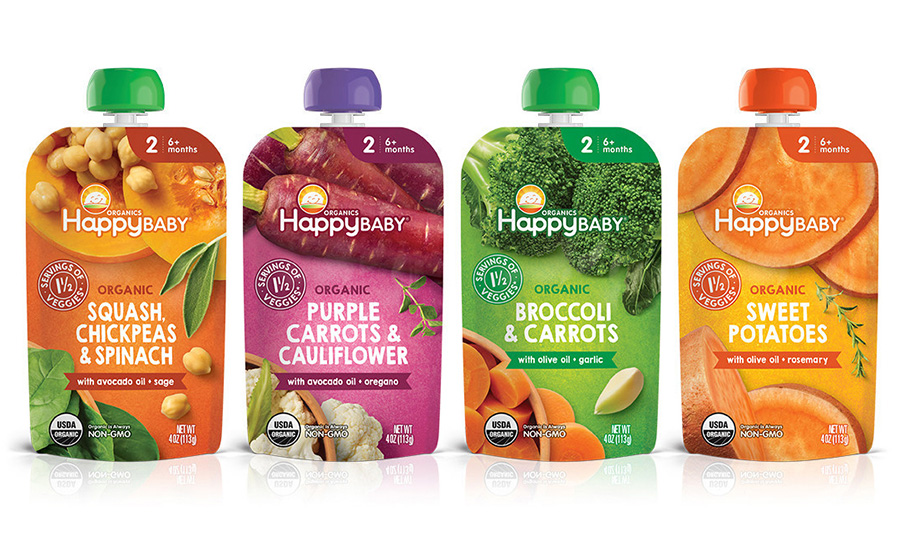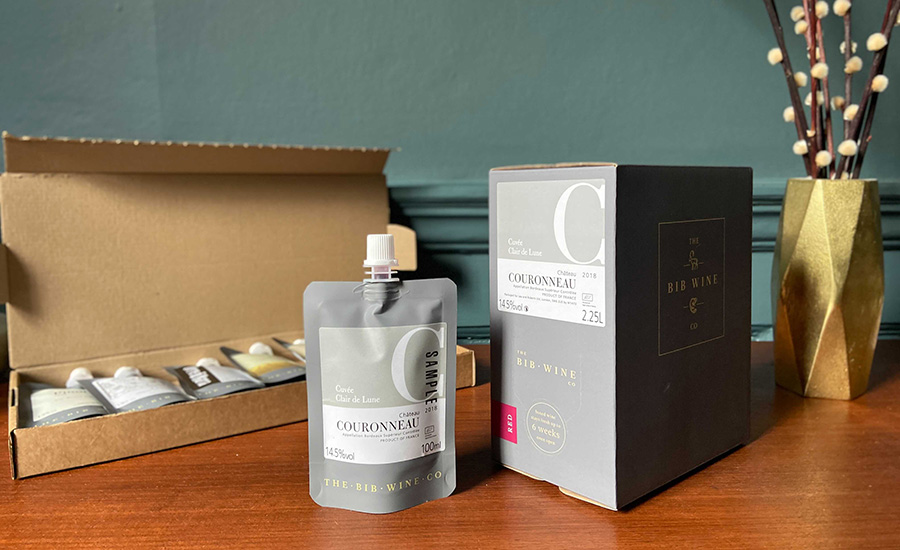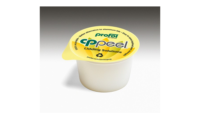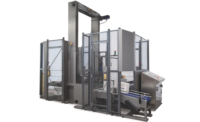We’ve all been waiting for some normalcy to return to our lives. Reflecting on the impacts of COVID-19 has many of us wondering if we’ll finally be able to enjoy some pre-pandemic activities this summer. My summers tend to involve camping music festivals and concerts — things that became nonexistent in 2020. This got me thinking about those events through the lens of sustainability — something we talk a lot about in the packaging industry.
The benefits of music-related mass gatherings usually always outweigh the negatives, but imagine thousands of people a day throwing away plastic bottles and cups into a limited number of receptacles. Most all events do not let attendees bring in water, but many do allow an empty bottle, pouch, water bladder backpack, etc. that can be filled up at a free water station or drinking fountain inside. By the look of things, most attendees end up purchasing bottled water and other plastic beverages — either refilling and reusing it or throwing the empty plastic in the trash or (hopefully) a recycling bin.
Carrying around a full water bottle can be a hassle. A common hack is to smash and crinkle the plastic bottle and then fill it up with water — making it flatter and flusher to fit inside a pocket or bag — essentially turning it into something similar to a “flexible pouch.” Plastic cups are also the go to at events where alcohol is served, except those can’t be modified for convenience. This presents more challenges because clutching a giant, full cup of liquid is not ideal when maneuvering through a crowd or trying to dance. Neither is having beer spilled down your shirt because someone accidentally bumps into you.
The food industry accounted for over 70% of the flexible packaging market in 2020, and the global market size is estimated to reach $212 billion with a 4% CAGR by 2026, according to an Arizton Advisory & Intelligent report. Flexible pouches can be used in place of glass, cans and plastic and can give consumers the ability to save space by flattening and storing the pouch as it becomes empty. Pouches also utilize less space in a garbage or recycling bag. Innovations like this BeerPouch by BeerPouch and Flexi-Growler by NVS Gear are being introduced for alcoholic beverages and allow brewers to forego glass bottles for a flexible growler while eliminating light damage and oxygen and lowering their carbon footprint. According to NVS Gear, the Flexi-Growler holds 97% liquid product with 3% packaging as opposed to 65% liquid and 35% packaging for glass.
Maverick Packaging offers lightweight flexible liquid standup pouches with fitted taps, spouts and gusseted bottoms for ready-to-drink water, wine, oil, dairy, juice and other products. One year ago, Horizon Organic announced its goal to become the first national dairy brand to be carbon positive across its full supply chain by 2025 and offers low-fat yogurt for kids in flexible pouches. Once Upon a Farm, a plant-based food company for kids, and Happy Family Organics, an organic baby food brand in the U.S., utilize flexible pouches to deliver nutrients to children.

Image courtesy of Happy Family Organics
Brands and suppliers continue to innovate compostable and sustainable components for flexible packaging, such as films and pouch closures, in anticipation of future market growth. According to the Flexible Packaging Association’s “A Holistic View of the Role of Flexible Packaging in a Sustainable World,” when compared with rigid packaging, flexible packaging has the following sustainability benefits:
- Material/resource efficiency
- Lightweight/source reduction
- Transportation benefits due to inbound format and lightweight nature
- Shelf life extension
- Reduced materials to landfill
- High product-to-package ratio
- Beneficial lifecycle metrics (carbon impact, fossil fuel used, water consumption)
Despite these benefits, the infrastructure to recycle flexible packaging made of multi-material films is still in progress. Enval’s zero-waste-to-landfill recycling scheme, the Laminates League, aims to raise awareness around the recyclability of flexible packaging and has developed a process for recycling it. Using its unique proprietary pyrolysis solution capable of handling low-density packaging waste, Enval can recycle packaging composed of several layers of plastics into oils that can be reprocessed and put back into circulation to produce new plastic. When treating pouches containing a layer of aluminum foil, Enval’s technology can separate the aluminum from the plastic packaging and turn it into new ingots that are reintroduced into the supply chain and used to manufacture new products.

Image courtesy of Enval
The BIB Wine Company joined the Laminates League in Dec. 2020, initially enabling the recycling of its wine taster packs. The company is now extending its involvement to its range of bag-in-box wines. Enval will recycle the bags and taps used in this product, reportedly making BIB Wine the first boxed wine company to offer its customers a method to recycle 100% of its packaging. Customers are able to add a free prepaid recycling bag with each order, which will enable them to send the packaging back to Enval for recycling.
E-commerce is the new normal for many of us. Companies need packaging capable of maximizing shipment sizes and space, and flexible packaging is making more sense and playing a part in many corporate sustainability goals. “Research suggests that consumers are not clear on what the environmental impact from increased e-commerce purchasing are compared to in-store purchasing. Fifty-five percent of consumers stated they felt buying online and having goods shipped directly to them has the same impact on the environment as buying in-store, while the remaining were split at 22% each on if it was better or worse for the environment,” according to a new report by CouponFollow.
Arizton Advisory & Intelligence also finds that consumers and suppliers of flexible packaging want environmentally friendly packaging, but only 30% of plastic waste in Europe is collected to be recycled. By 2030, the European Commission plans to ensure that all plastic-based packaging will be either reusable or recyclable. Sustainability is becoming more about the production process, logistics, experience and recyclability. And while flexible packaging advances, it is up government, consumers and those along the supply chain to make the necessary advancements and provide the tools and education to contribute to a circular economy.
There’s always going to be a place and a need for rigid forms of packaging like glass and cans. But the continuing on-the-go lifestyle of consumers and the corporate need to reduce costs and environmental footprint mean flexible is music to everyone’s ears.



